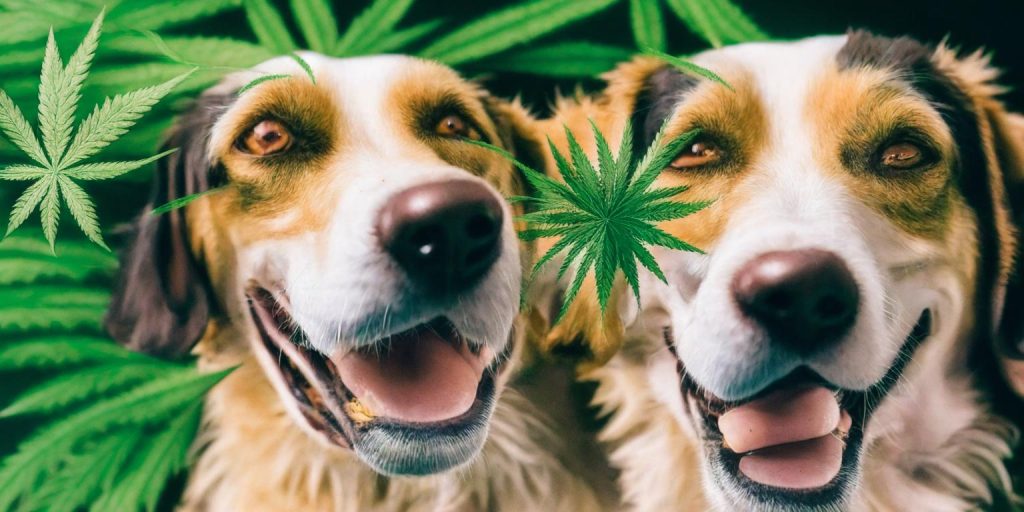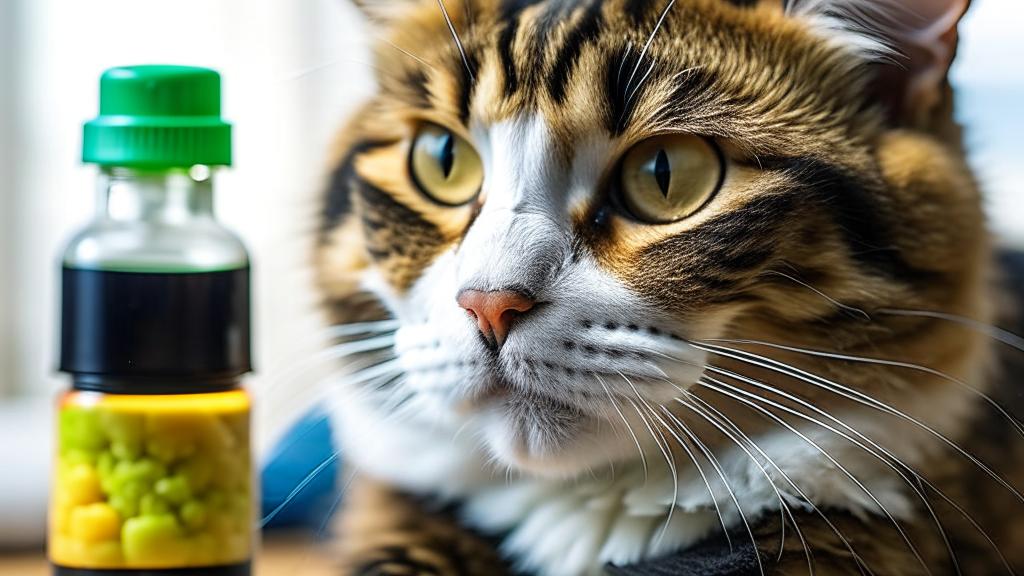As a devoted pet owner, ensuring the well-being of my furry companion is my top priority. In recent decades, the incidence of dogs suffering from marijuana toxicosis has risen dramatically, prompting me to delve into this crucial topic. It’s vital to understand the potential risks associated with cannabis exposure in dogs to safeguard their health and prevent any harm.
What is cannabis?
Cannabis refers to the dried parts of the hemp plant Cannabis sativa and contains various compounds, including cannabinoids like THC and CBD.
How do cats and dogs become intoxicated?
Pets may become intoxicated by ingesting marijuana-infused products or inhaling secondhand smoke. Symptoms of intoxication can range from mild to severe and may include lethargy, vomiting, disorientation, and in severe cases, seizures.
How does cannabis affect cats and dogs?
The effects of cannabis on pets can vary depending on factors such as the amount ingested and the individual pet’s sensitivity. Dogs suffering from marijuana toxicosis may exhibit symptoms such as impaired coordination, dilated pupils, and urinary incontinence.
How toxic is cannabis?
While cannabis is generally considered safe for humans, it can be toxic to pets, especially dogs. In recent decades, the number of dogs suffering from marijuana toxicosis has risen dramatically, leading to increased awareness among pet owners and veterinary professionals.
What are the clinical signs of cannabis intoxication?
Clinical signs of cannabis intoxication in dogs may include lethargy, ataxia, vomiting, tremors, and in severe cases, coma. It’s essential to recognize these symptoms and seek veterinary care promptly if you suspect your pet has ingested cannabis.
How is intoxication diagnosed?
Veterinarians may diagnose cannabis intoxication based on clinical signs, history of exposure, and laboratory tests, such as urine analysis and blood tests.
How is intoxication treated?
Treatment for cannabis intoxication in dogs may include supportive care to manage symptoms, such as intravenous fluids to maintain hydration and medications to control vomiting. In severe cases, hospitalization and monitoring may be necessary.
The Bottom Line
As a responsible pet owner, it’s crucial to keep cannabis and cannabis-infused products out of reach of pets to prevent accidental ingestion. If you suspect your pet has ingested cannabis, contact your veterinarian or a pet poison helpline immediately for guidance and assistance. Remember, cannabis use and pets do not mix, and it’s essential to prioritize your pet’s safety and well-being at all times.



